Spanish cinema has a long and rich history, with a diverse range of films spanning multiple genres and styles. From the surrealist works of Luis Buñuel to the modern dramas of Pedro Almodóvar, Spanish cinema has produced many iconic films and influential filmmakers.
Best Spanish Movies
We’ll explore some of the best Spanish movies across different eras and genres. Whether you’re a fan of classic cinema, arthouse films, or modern blockbusters, there is something for everyone in Spanish cinema.
1. An Andalusian Dog (1929)
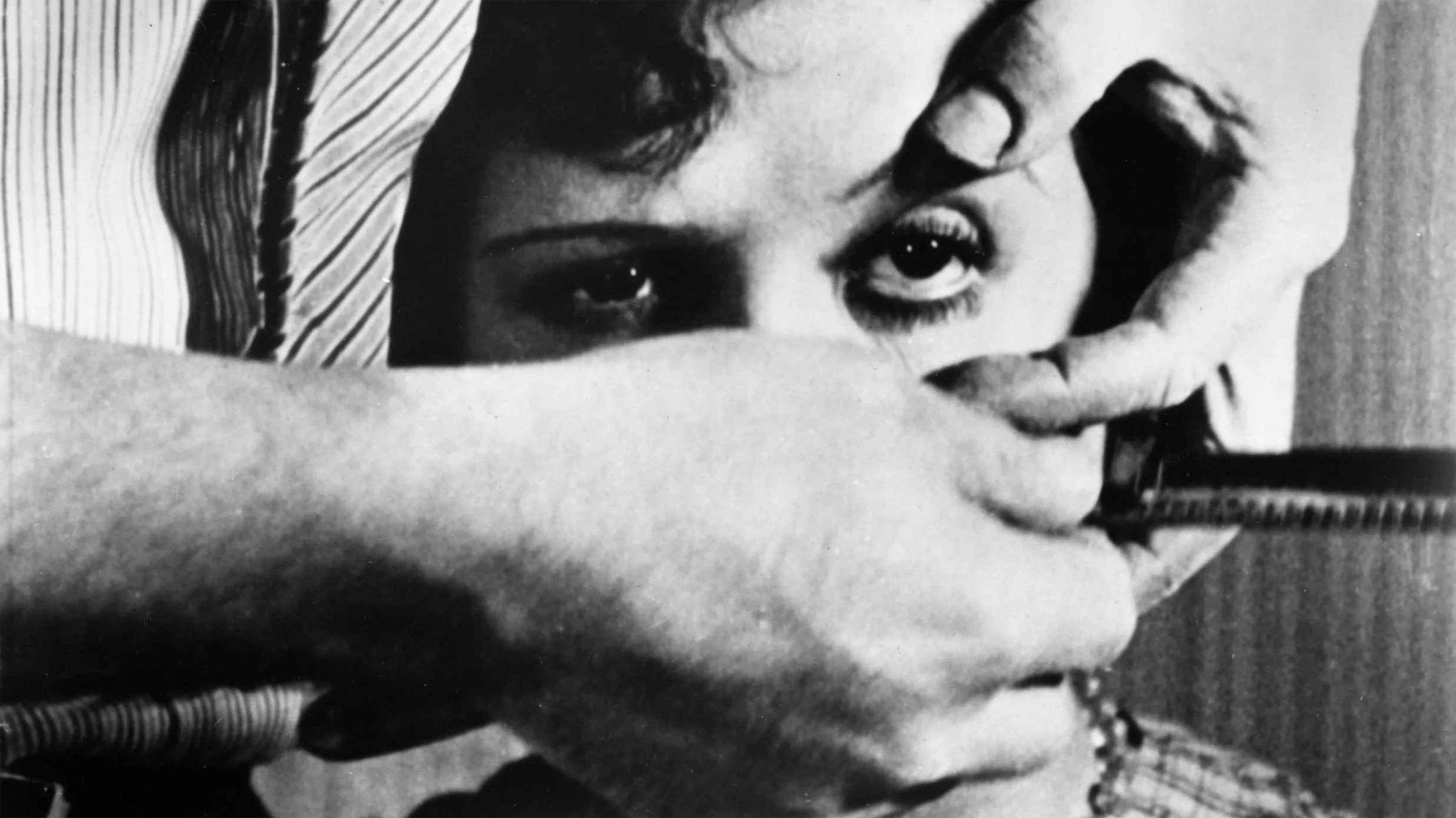
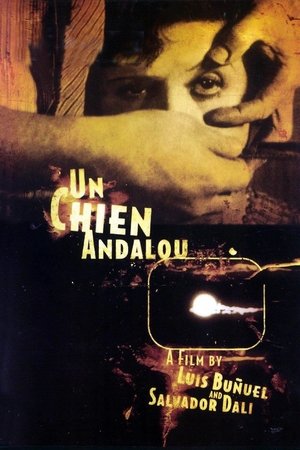
Un Chien Andalou
1929 • 0h 16min • ★ 7.424/10 • France
Directed by: Luis Buñuel
Cast: Simone Mareuil, Pierre Batcheff, Luis Buñuel, Salvador Dalí, Robert Hommet
Un Chien Andalou is an European avant-garde surrealist film, a collaboration between director Luis Buñuel and Salvador Dali.
“Un Chien Andalou” (An Andalusian Dog) is a short silent surrealist film directed by Luis Buñuel and co-written with Salvador Dalí. The film was released in 1929 and is considered a groundbreaking work in the history of cinema.
It features a series of loosely connected and often disturbing images, such as a razor blade cutting an eye, ants emerging from a hole in a hand, and a man dragging two grand pianos containing dead and rotting donkeys.
The film has been interpreted in various ways, and it is widely regarded as a seminal work of avant-garde cinema.
2. The Sea Inside (I) (2004)
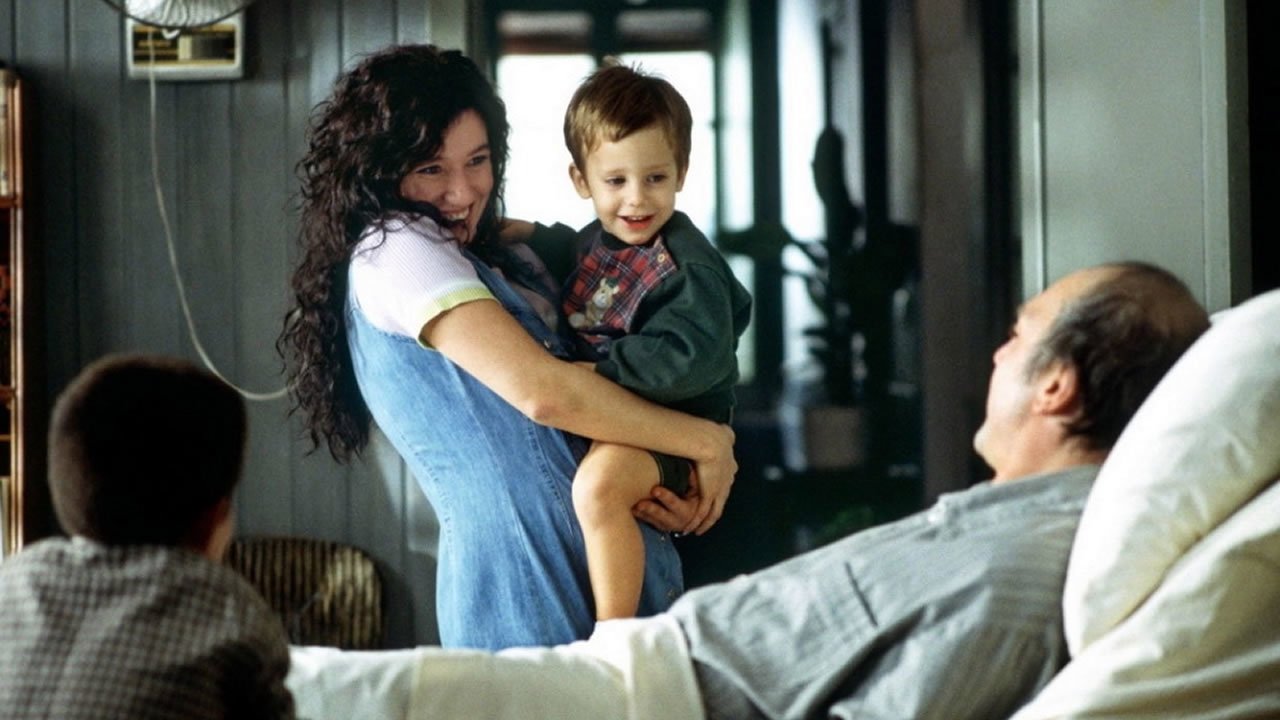
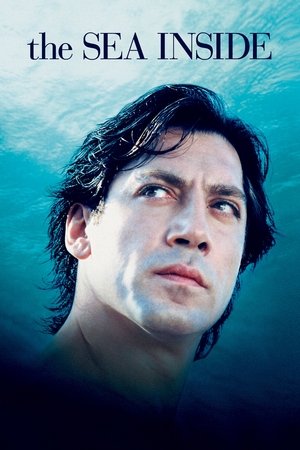
The Sea Inside
2004 • 2h 5min • ★ 7.57/10 • Spain
Directed by: Alejandro Amenábar
Cast: Javier Bardem, Belén Rueda, Lola Dueñas, Joan Dalmau, Josep Maria Pou
Ramón Sampedro is a ship mechanic and part-time poet left a quadriplegic following a diving accident. Ramón fought for 30 years for the legal right to end his own life. He develops close relationships with his long-term lawyer Julia and his friend Rosa, who tries to convince him that his life is worth living. Despite his situation, Ramón manages to inspire those around him to live life to the fullest.
The Sea Inside (Mar Adentro) is a 2004 Spanish film directed by Alejandro Amenábar. The film tells the story of Ramón Sampedro, a quadriplegic man who fought for his right to end his own life with dignity.
The film is based on a true story, and explores the complex ethical and emotional issues surrounding euthanasia.
The film was critically acclaimed and won numerous awards, including the Academy Award for Best Foreign Language Film in 2005. Javier Bardem gave a powerful performance as Ramón Sampedro, and the film was praised for its sensitive and thought-provoking portrayal of a difficult subject.
The Sea Inside is a moving and poignant film that challenges the viewer to consider their own beliefs about life, death, and the right to choose one’s own fate. It is a testament to the power of cinema to provoke deep and meaningful discussions about important social and ethical issues.
No products found.
3. Wrinkles (2011)
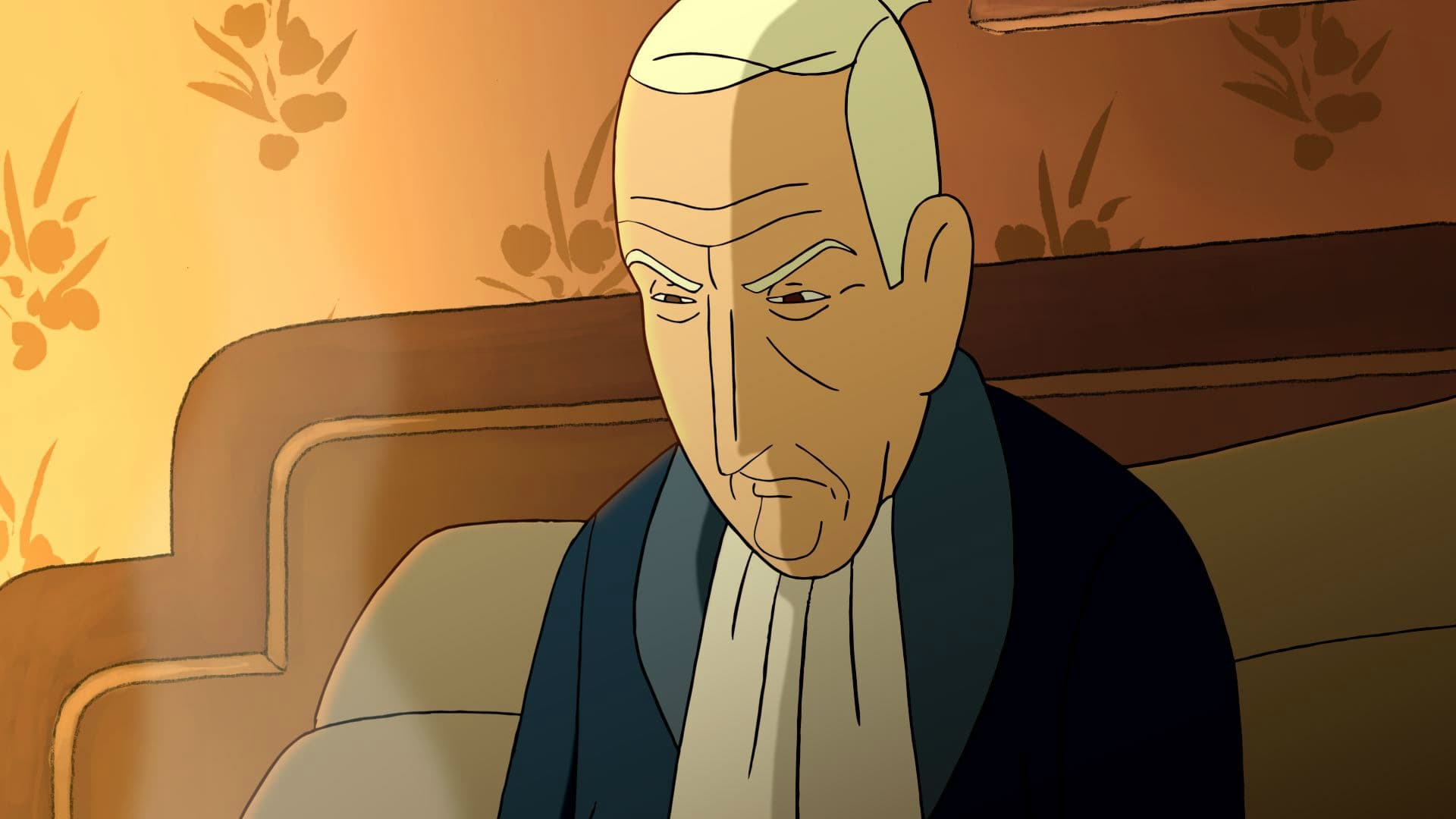
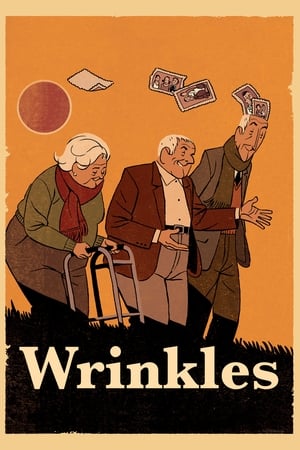
Wrinkles
2011 • 1h 29min • ★ 7.568/10 • Spain
Directed by: Ignacio Ferreras
Cast: Tacho González, Álvaro Guevara, Mabel Rivera, Raul Dans, Montse Davila
At an elder-care facility, a geriatric con artist tries to prevent his new friend with early Alzheimer's symptoms from being transferred to the 'lost causes' floor.
“Wrinkles” (Arrugas in Spanish) is a 2011 Spanish animated drama film directed by Ignacio Ferreras, based on the comic book of the same name by Paco Roca. The film follows the story of Emilio, an elderly man who is moved to a retirement home by his family, where he meets Miguel, a new resident. The two form a close bond and navigate the challenges of aging together.
The film explores themes of friendship, loss, and dementia with sensitivity and humor, and features beautiful animation that brings the characters to life.
“Wrinkles” was critically acclaimed for its poignant storytelling and has won numerous awards, including the Goya Award for Best Animated Film in 2012.
- Factory sealed DVD
- George Coe, Martin Sheen, Matthew Modine (Actors)
- Ignacio Ferreras (Director)
- English (Publication Language)
- Audience Rating: NR (Not Rated)
4. La cabina (1972 TV Movie)
“La cabina” is a Spanish TV movie directed by Antonio Mercero, released in 1972. The film tells the story of a man who becomes trapped inside a phone booth, unable to escape despite his attempts to do so.
As time passes, he realizes that he is the subject of a bizarre experiment, and that the people around him are complicit in his imprisonment.
One of the most striking aspects of “La cabina” is its use of suspense and tension, as the viewer is gradually drawn into the protagonist’s predicament and the mystery surrounding it.
The film also has a strong social commentary, reflecting on themes such as conformity, authoritarianism, and the power of institutions over individuals.
For more about Spain cinema, you can check out our overview of the best films from Spain and our country-by-country exploration of global cinema.
Overall, “La cabina” is a compelling and thought-provoking work of cinema, and an important milestone in the history of Spanish film. Its innovative approach to storytelling and its exploration of complex themes continue to inspire and influence filmmakers to this day.
No products found.
5. Thesis (1996)
“Thesis” is a Spanish mystery thriller film directed by Alejandro Amenábar and released in 1996. The film follows a film student named Ángela who becomes obsessed with finding out the truth about the violent death of a former student whose thesis film she is analyzing.
As she delves deeper into the mystery, she begins to uncover dark secrets about the university and those around her. The film was a critical and commercial success, winning several awards and launching Amenábar’s career as a filmmaker.
It is considered a classic of Spanish cinema and is often cited as one of the best Spanish thrillers of all time.
6. The Impossible (2012)
“Welcome Mr. Marshall!” (¡Bienvenido Mister Marshall! in Spanish) is a 1953 Spanish comedy film directed by Luis García Berlanga. The film is a satire on Spanish society during the early 1950s and criticizes the Francoist regime, while also poking fun at Spanish people’s desire to emulate American culture.
The plot revolves around a small Spanish town that prepares for the arrival of American officials, who are expected to provide aid to the town as part of the Marshall Plan.
The townspeople go to great lengths to impress the Americans and make a good impression, often exaggerating and inventing aspects of Spanish culture.
The film is notable for its biting social commentary, witty humor, and use of parody to criticize the Francoist regime. It has been hailed as a masterpiece of Spanish cinema and has influenced numerous filmmakers over the years.
- From Summit Entertainment. A powerful story based on one family's survival of the 2004 tsunami, THE...
- Watts, Naomi, McGregor, Ewan, Holland, Tom (Actors)
- Spanish (Subtitle)
- English (Publication Language)
- Audience Rating: PG-13 (Parents Strongly Cautioned)
7. Open Your Eyes (1997)

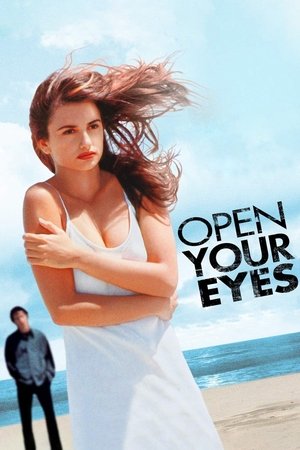
Open Your Eyes
1997 • 1h 57min • ★ 7.454/10 • Spain
Directed by: Alejandro Amenábar
Cast: Eduardo Noriega, Penélope Cruz, Chete Lera, Fele Martínez, Najwa Nimri
A very handsome man finds the love of his life, but he suffers an accident and needs to have his face rebuilt by surgery after it is severely disfigured.
“Open Your Eyes” (Abre los ojos in Spanish) is a 1997 Spanish film directed by Alejandro Amenábar. The movie follows the story of César, a wealthy and handsome young man who gets involved in a car accident that disfigures his face and drastically alters his life.
The film explores themes of identity, reality, and perception as César struggles to distinguish between his dreams and reality. The audience is taken on a journey through César’s mind as he experiences surreal and confusing events that blur the line between what is real and what is a dream.
https://www.youtube.com/watch?v=9sbOc2BX_70
The film was later remade in Hollywood as “Vanilla Sky” (2001) with Tom Cruise in the lead role. Despite the American version receiving mixed reviews, “Open Your Eyes” was critically acclaimed and won numerous awards, including seven Goya Awards (the Spanish equivalent of the Oscars).
- Factory sealed DVD
- Eduardo Noriega, Penelope Cruz, Chete Lera (Actors)
- Alejandro Amenbar (Director)
- English (Subtitle)
- English (Publication Language)
8. The Miracle of Marcelino (1955)
The Miracle of Marcelino (El Milagro de Marcelino) is a 1955 Spanish film directed by Ladislao Vajda. It tells the story of a young orphan boy named Marcelino, who lives in a Franciscan monastery. Marcelino finds comfort and solace in the company of a statue of Jesus, which he believes can talk to him.
One day, while playing in the attic, Marcelino accidentally breaks the statue and becomes distraught. In his despair, he prays to the statue and a miracle occurs: the statue comes to life and speaks to him. Marcelino is overjoyed to have his prayers answered and develops a special relationship with the statue.
The Miracle of Marcelino is a heartwarming and uplifting film that explores themes of faith, hope, and the power of love. It has been praised for its emotional depth, stunning cinematography, and powerful performances, particularly by the child actor who plays Marcelino.
The film has become a beloved classic in Spain and has been enjoyed by audiences around the world.
- Shrink-wrapped
- Rafael Rivelles, Antonio Vico, Juan Calvo (Actors)
- Ladislao Vajda (Director)
- English (Subtitle)
- English (Publication Language)
9. The Others (2001)
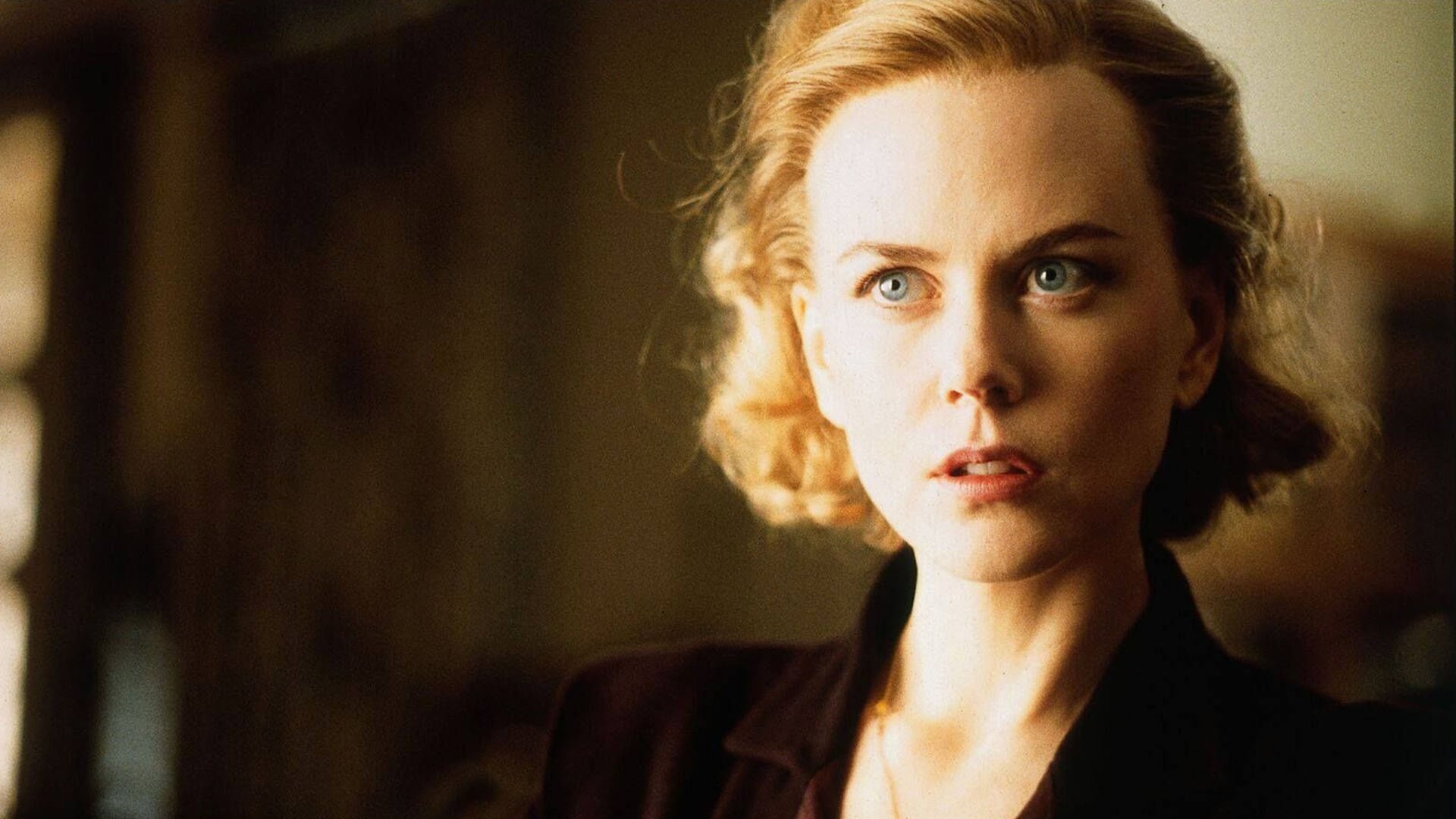
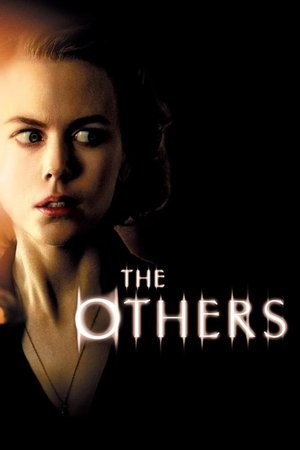
The Others
Sooner or later they’ll find you.
2001 • 1h 44min • ★ 7.614/10 • Spain
Directed by: Alejandro Amenábar
Cast: Nicole Kidman, Alakina Mann, Fionnula Flanagan, James Bentley, Eric Sykes
Grace is a religious woman who lives in an old house kept dark because her two children, Anne and Nicholas, have a rare sensitivity to light. When the family begins to suspect the house is haunted, Grace fights to protect her children at any cost in the face of strange events and disturbing visions.
“The Others” is a psychological horror film directed by Alejandro Amenábar and released in 2001. The movie is set in 1945 on the island of Jersey and follows Grace Stewart (played by Nicole Kidman), a devoutly religious mother who lives in an old mansion with her two children who have a rare disease that makes them sensitive to sunlight.
As strange occurrences begin to happen in the house, Grace becomes convinced that their home is haunted. However, the plot twists as it is revealed that the “haunting” is actually a group of people who have been hired to help Grace, and that she and her children are actually ghosts who died years earlier.
The film was praised for its suspenseful plot, excellent performances, and its unexpected twist ending.
10. Viridiana (1961)
“Viridiana” is a 1961 Spanish-Mexican film directed by Luis Buñuel. The film tells the story of a young nun named Viridiana who is about to take her vows when she visits her uncle, a wealthy and eccentric man, in order to ask for his blessing.
However, after her uncle tries to seduce her, Viridiana is forced to confront the hypocrisy and corruption of the upper class and becomes involved in a series of events that challenge her faith and morality.
The film is widely regarded as a masterpiece of surrealist cinema and is known for its provocative and controversial themes, including critiques of religion, morality, and society.
Despite being banned in Spain and denounced by the Catholic Church, “Viridiana” went on to win the Palme d’Or at the Cannes Film Festival and remains a seminal work in Buñuel’s oeuvre.
- Factory sealed DVD
- Silvia Pinal, Fernando Rey, Francisco Rabal (Actors)
- Luis Buuel (Director) - Benito Prez Galds (Writer)
- English (Subtitle)
- Audience Rating: NR (Not Rated)
11. Celda 211 (2009)
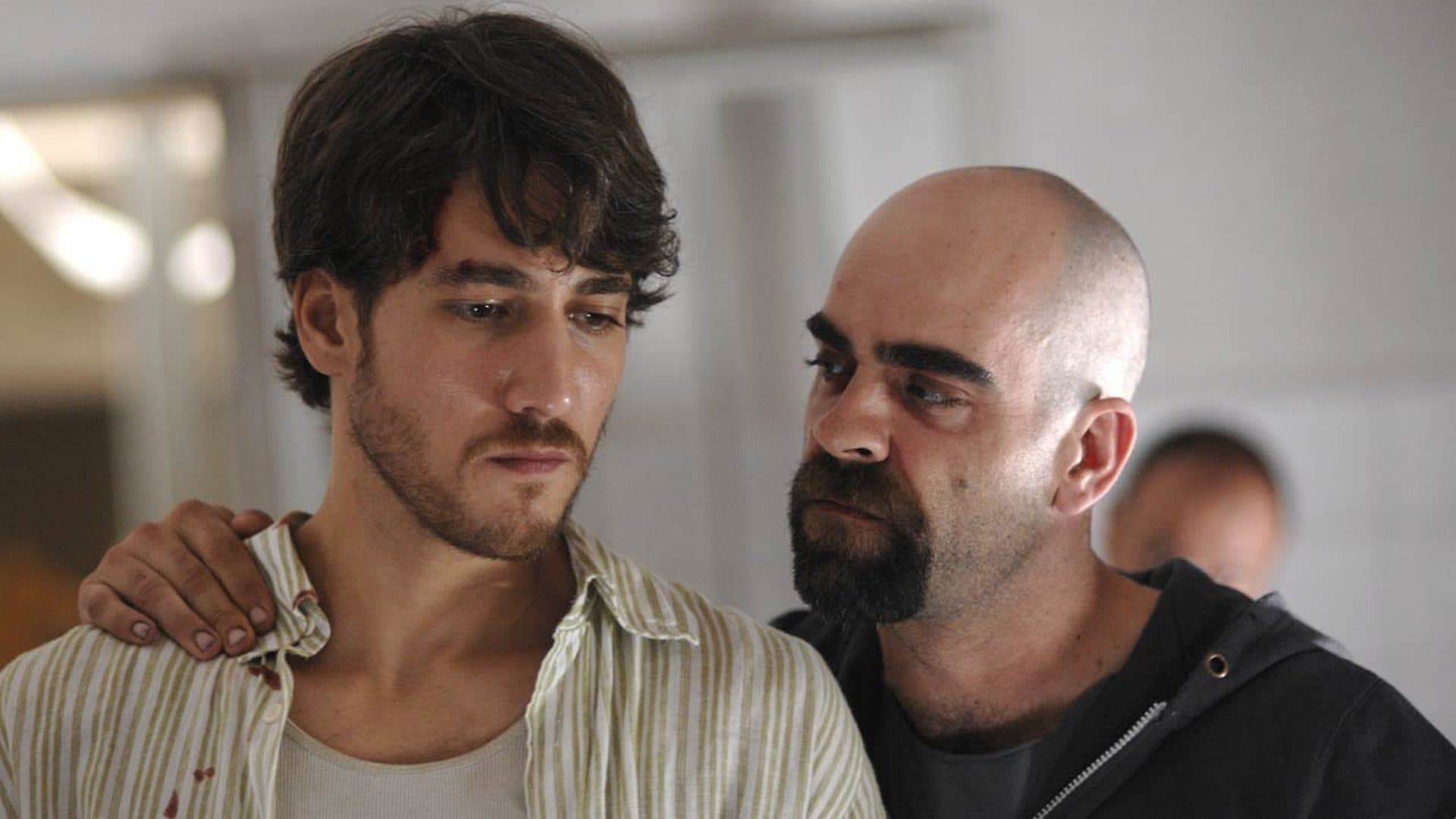
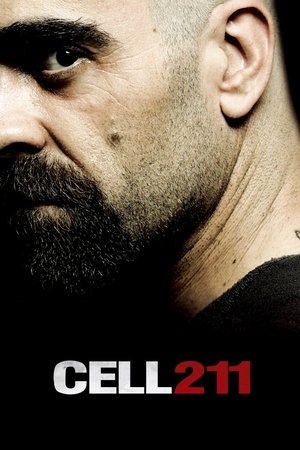
Cell 211
To survive inside, he has to become one of them.
2009 • 1h 50min • ★ 7.45/10 • France
Directed by: Daniel Monzón
Cast: Luis Tosar, Alberto Ammann, Antonio Resines, Carlos Bardem, Félix Cubero
The story of two men on different sides of a prison riot -- the inmate leading the rebellion and the young guard trapped in the revolt, who poses as a prisoner in a desperate attempt to survive the ordeal.
“Celda 211” is a Spanish prison drama film directed by Daniel Monzón and released in 2009. The movie follows Juan Oliver (played by Alberto Ammann), a new prison guard who is accidentally trapped in a cell during a prison riot.
To survive, Juan pretends to be a new inmate and becomes friends with the riot’s leader, a dangerous criminal named Malamadre (played by Luis Tosar).
As Juan gains Malamadre’s trust and becomes more involved in the riot, he begins to question his loyalty to the prison authorities and his own sense of morality.
The film was a critical and commercial success, winning eight Goya Awards (Spain’s equivalent of the Oscars), including Best Picture, Best Director, and Best Actor for Luis Tosar’s performance.
The movie is known for its intense and gritty portrayal of prison life, as well as its exploration of themes such as loyalty, corruption, and redemption.
- Cell 211 (2009) ( Celda 211 ) ( Cellule 211 (Cell Two Eleven) )
- Cell 211 (2009)
- Celda 211
- Cellule 211 (Cell Two Eleven)
- Carlos Bardem, Luis Tosar, Marta Etura (Actors)
12. Talk to Her (2002)
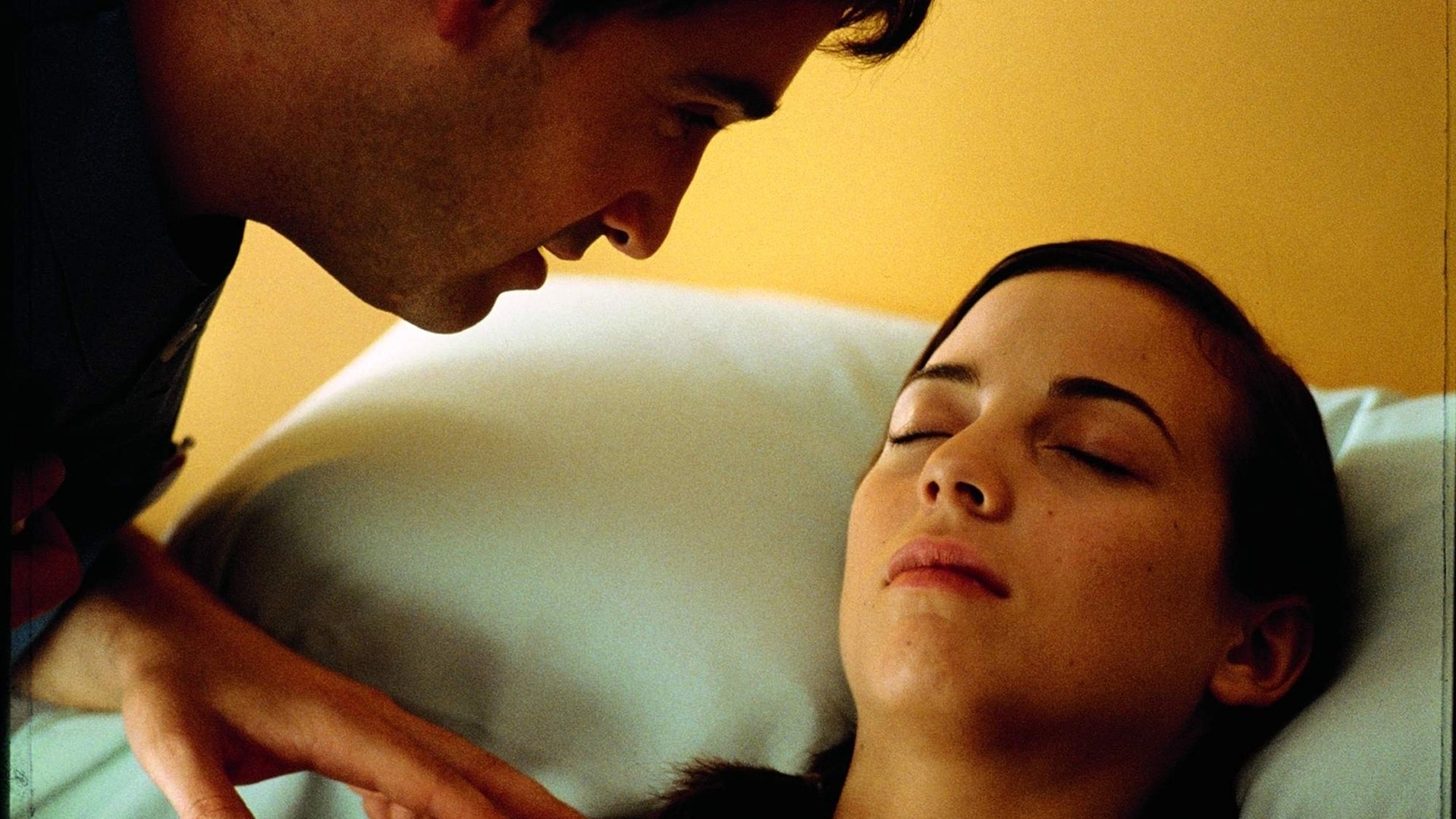
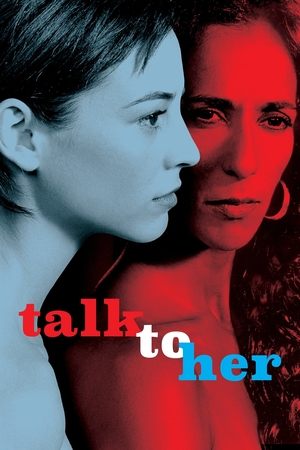
Talk to Her
2002 • 1h 52min • ★ 7.584/10 • Spain
Directed by: Pedro Almodóvar
Cast: Leonor Watling, Rosario Flores, Javier Cámara, Darío Grandinetti, Mariola Fuentes
Two men share an odd friendship while they care for two women who are both in deep comas.
“Talk to Her” (Hable con ella in Spanish) is a 2002 Spanish film written and directed by Pedro Almodóvar. The film tells the story of two men, Benigno and Marco, who become friends while caring for two women who are in comas.
Benigno is a nurse who is devoted to his comatose patient, Alicia, whom he has been secretly in love with for years. Marco is a journalist who is caring for his comatose girlfriend, Lydia, a bullfighter who was gored during a performance.
The film explores themes of love, obsession, and the nature of relationships, as the two men bond over their shared experiences and discuss their feelings for the women in their care. As the story unfolds, secrets are revealed and the characters’ lives become increasingly intertwined.
“Talk to Her” was critically acclaimed and won several awards, including the Academy Award for Best Original Screenplay. It is widely regarded as one of Almodóvar’s best films and a masterpiece of Spanish cinema.
The film’s sensitive and nuanced portrayal of its characters and their relationships has made it a favorite among audiences and critics alike.
- Talk To Her
- Geraldine Chaplin, Javier Camara, Leonor Watling (Actors)
- Pedro Almodovar (Director) - Agustin Almodovar (Producer)
- English, French (Subtitles)
- English (Publication Language)
13. Planet 51 (2009)

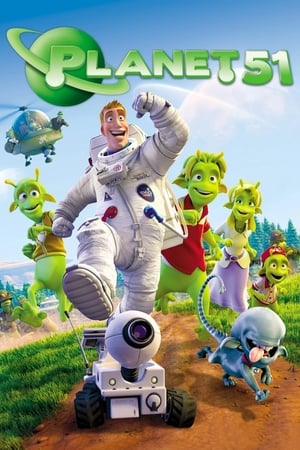
Planet 51
Something strange is coming to their planet...Us!
2009 • 1h 31min • ★ 5.9/10 • Spain
Directed by: Jorge Blanco
Cast: Dwayne Johnson, Seann William Scott, Jessica Biel, Justin Long, Gary Oldman
When Earth astronaut Capt. Chuck Baker arrives on Planet 51 -- a world reminiscent of American suburbia circa 1950 -- he tries to avoid capture, recover his spaceship and make it home safely, all with the help of an empathetic little green being.
Planet 51 is a 2009 animated science fiction comedy film directed by Jorge Blanco and written by Joe Stillman. The movie was produced by Ilion Animation Studios and HandMade Films, and was distributed by TriStar Pictures.
The plot of the film revolves around a group of aliens living on Planet 51, a peaceful world where everything is just like the 1950s in America. When an astronaut named Chuck Baker lands on their planet, he becomes the alien invader that the inhabitants of Planet 51 have always feared.
Chuck must team up with a friendly alien named Lem and his friends to escape the clutches of the paranoid Planet 51 military and return home.
The movie features the voices of Dwayne Johnson as Chuck, Jessica Biel as Neera, Justin Long as Lem, and Gary Oldman as General Grawl. Planet 51 received mixed reviews from critics, but was a commercial success, grossing over $100 million worldwide.
- When Chuck the astronaut (Dwayne Johnson) lands on a distant planet filled with little green people,...
- Dwayne Johnson, Seann William Scott (Actors)
- English (Subtitle)
- English (Publication Language)
- Audience Rating: PG (Parental Guidance Suggested)
14. The Executioner (1963)
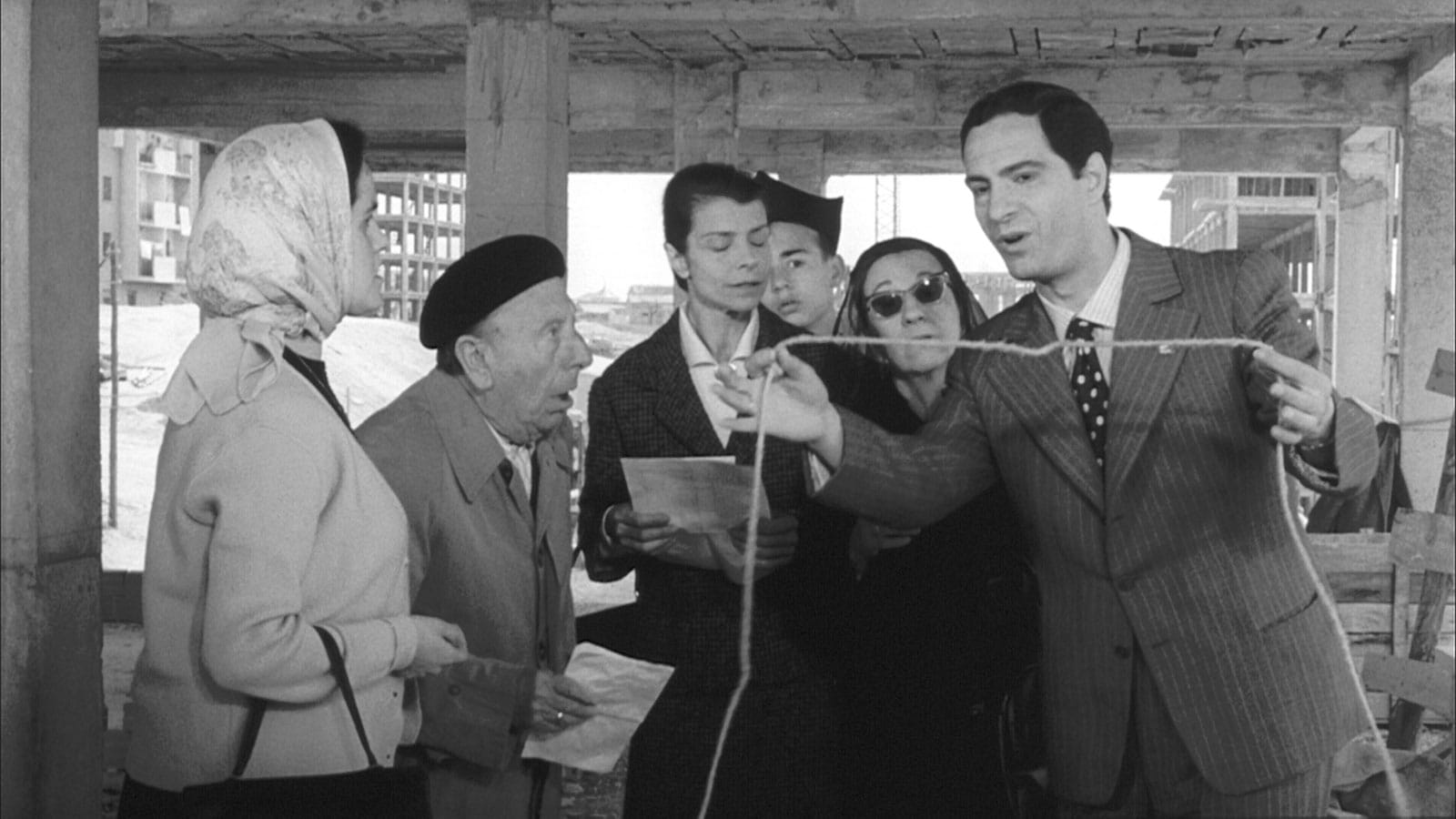

The Executioner
An original and brilliant movie
1963 • 1h 31min • ★ 7.562/10 • Spain
Directed by: Luis García Berlanga
Cast: Nino Manfredi, Emma Penella, José Isbert, José Luis López Vázquez, Ángel Álvarez
An undertaker gets married to an old executioner's daughter and, although he doesn't like it, must continue the profession of his father-in-law after his retirement.
“The Executioner” (Spanish: “El verdugo”) is a 1963 Spanish black comedy-drama film directed by Luis García Berlanga. The film tells the story of an undertaker’s assistant named Amadeo who marries his boss’s daughter, but is unable to support his family on his meager salary.
After being pressured by his father-in-law to take a job as an executioner, Amadeo reluctantly agrees and begins to struggle with the moral and psychological consequences of his new profession.
The film is considered a masterpiece of Spanish cinema and a landmark work of the “Nuevo Cine Español” (New Spanish Cinema) movement. It is known for its dark humor, incisive social commentary, and masterful direction by Berlanga, who is widely regarded as one of Spain’s greatest filmmakers.
“The Executioner” has been praised for its portrayal of the Francoist regime and its use of satire to expose the absurdity of authoritarianism and oppression.
- Shrink-wrapped
- José Isbert, Emma Penella, Nino Manfredi (Actors)
- Luis García Berlanga (Director)
- English (Subtitle)
- Audience Rating: NR (Not Rated)
15. The Other Side of the Bed (2002)
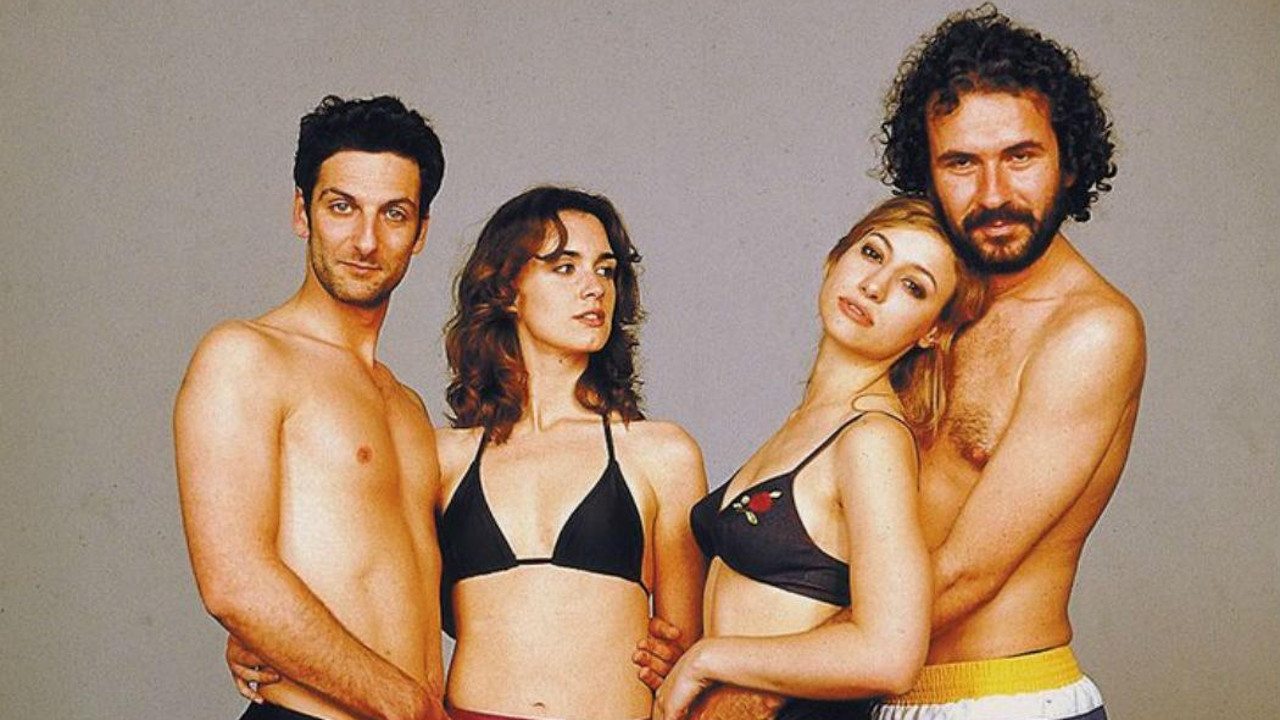
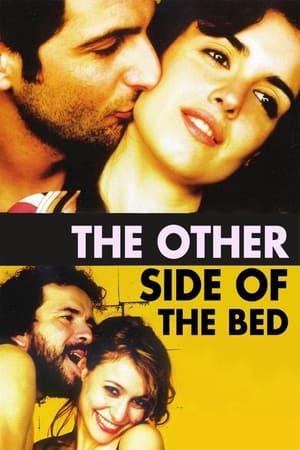
The Other Side of the Bed
If love is only a game...Why not cheat?
2002 • 1h 54min • ★ 6/10 • Spain
Directed by: Emilio Martínez Lázaro
Cast: Ernesto Alterio, Paz Vega, Guillermo Toledo, Natalia Verbeke, Alberto San Juan
When Paula leaves her mate Pedro, he misses her and looks for comfort with his best friends, Javier and Sonia. Paula is having an affair with Javier. Pedro tries to find who is the secret lover of Paula, and hires a private eye. Meanwhile, while comforting Pedro, Sonia has a one night stand with him and Javier thinks she is cheating on him with her lesbian friend Luzia.
“The Other Side of the Bed” is a Spanish musical comedy film directed by Emilio Martínez Lázaro and released in 2002. The movie follows the lives and romantic entanglements of two couples, Sonia (played by Natalia Verbeke), Javier (Ernesto Alterio), Pedro (Guillermo Toledo), and Paula (Paz Vega).
The film is known for its innovative use of musical numbers to convey the characters’ emotions and relationships. The musical sequences are seamlessly integrated into the narrative and feature popular Spanish songs from various genres, such as salsa, pop, and rock.
https://www.imdb.com/title/tt0301524/
“The Other Side of the Bed” was a commercial and critical success in Spain and was later adapted into a stage musical in Madrid. The movie is considered a landmark in Spanish cinema for its blending of genres and its fresh take on the romantic comedy formula.
16. The 3 Wise Men (2003)
“The 3 Wise Men” (Los Reyes Magos in Spanish) is a 2003 animated film directed by Antonio Navarro and written by Javier Aguirre and Josep Viciana. The film is based on the biblical story of the Magi, who journeyed to Bethlehem to bring gifts to the newborn Jesus.
The story follows the three wise men, Melchor, Gaspar, and Baltasar, as they set out on their journey from the East. Along the way, they encounter a variety of obstacles, including bandits and treacherous terrain.
Meanwhile, in Bethlehem, a young boy named Artaban also sets out on a journey to find the newborn king, hoping to present him with a precious pearl.
The film combines traditional animation with computer-generated imagery and features a cast of well-known Spanish actors providing the voices for the characters. The movie is a heartwarming tale of faith, hope, and perseverance, and it has become a beloved Christmas classic in Spain.
“The 3 Wise Men” was a critical and commercial success, grossing over $11 million in Spain alone. The film was also widely praised for its animation, music, and message of kindness and generosity.
- Antonio Navarro / Voices: Imanol Arias, José Coronado, Juan Echanove, David Robles, Iñaki...
- Imanol Arias, José Coronado, Juan Echanove (Actors)
- Antonio Navarro (Director)
- Hungarian (Subtitle)
- Audience Rating: G (General Audience)
17. Take My Eyes (2003)
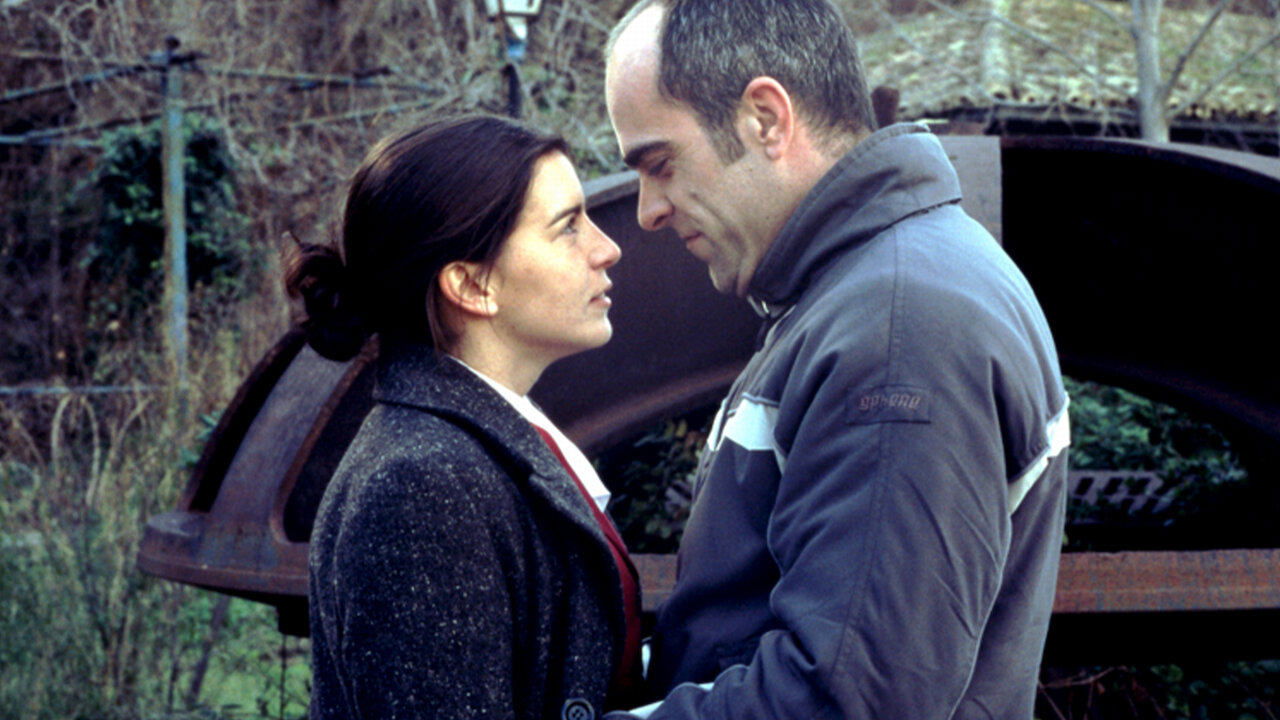
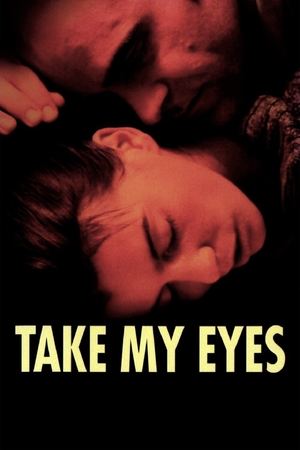
Take My Eyes
Where it reads 'home' read 'hell'. Where it reads 'love' there is pain
2003 • 1h 49min • ★ 7.221/10 • Spain
Directed by: Icíar Bollaín
Cast: Laia Marull, Luis Tosar, Candela Peña, Rosa María Sardà, Kiti Mánver
One winter night, Pilar runs away from home. With her, she takes only a few belongings and her son, Juan. Antonio soon sets out to look for her. He says Pilar is his sunshine, and what's more, "She gave him her eyes"...
Take My Eyes (Spanish title: Te doy mis ojos) is a 2003 Spanish drama film directed by Icíar Bollaín. The movie tells the story of Pilar (played by Laia Marull), a woman who leaves her abusive husband Antonio (played by Luis Tosar) and takes refuge in her sister’s home with her son.
The film depicts the complex emotional journey of a woman trying to escape an abusive relationship and rebuild her life, while also exploring the psychological dynamics of domestic violence.
Take My Eyes won several awards, including seven Goya Awards (Spain’s national film awards) in 2004, including Best Film, Best Director, Best Screenplay, Best Actress, and Best Actor. The movie was also well received by critics and audiences worldwide for its honest and realistic portrayal of domestic violence and its impact on the lives of survivors.
The film’s powerful performances, intense emotional depth, and poignant storytelling have made it a landmark of Spanish cinema and a touchstone for discussions on domestic violence and the importance of supporting survivors.
- Take My Eyes ( Te doy mis ojos )
- Take My Eyes
- Te doy mis ojos
- Luis Tosar, Candela Peña, Rosa Maria Sardà (Actors)
- Icíar Bollaín (Director) - Take My Eyes ( Te doy mis ojos ) (Producer)
18. The Holy Innocents (1984)
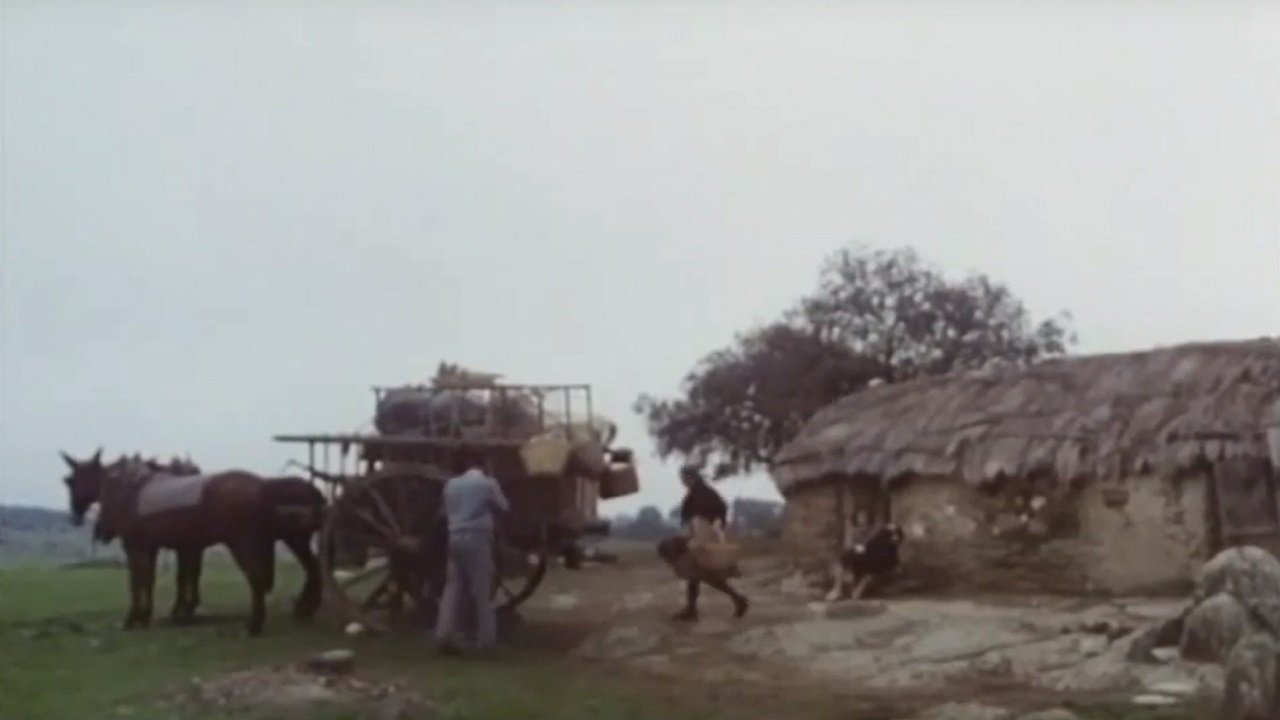
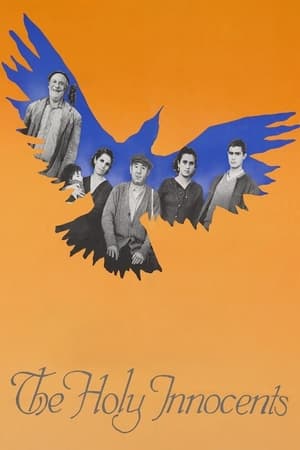
The Holy Innocents
1984 • 1h 47min • ★ 7.818/10 • Spain
Directed by: Mario Camus
Cast: Alfredo Landa, Terele Pávez, Belén Ballesteros, Juan Sachez, Susana Sánchez
Somewhere in the spanish country, in the 60s. Paco and his wife Régula are very poor. They work as tenant farmers for a very wealthy landowner. They have 3 children. One is backward. The others can not got to school because the master "needs" their work. When Regula's brother is fired from where he has worked for 61 years, he settles down at their little place... An attack against the archaism of the spanish country of the 60s.
“The Holy Innocents” is a novel by Spanish author Miguel Delibes, first published in 1981 as “Los Santos Inocentes” in Spanish. The novel is set in a rural area of Spain in the 1960s and portrays the lives of a group of impoverished laborers who work on the estate of a wealthy landowner.
The story is narrated by Azarías, the mentally disabled servant of the landowner’s family, who is devoted to the family and their animals. He tells the story of his fellow laborers, including his wife Régula, who is the only one who truly cares for him, and Paco, a young man who dreams of a better life for himself and his family.
The novel also explores the relationships between the laborers and the landowner’s family, as well as the social and political tensions of the time.
The novel is known for its powerful portrayal of poverty, injustice, and the struggles of the working class in Spain. It was adapted into a critically acclaimed film in 1984, directed by Mario Camus and starring Alfredo Landa and Francisco Rabal.
- The Holy Innocents ( Los santos inocentes )
- The Holy Innocents
- Los santos inocentes
- Alfredo Landa, Terele Pávez, Francisco Rabal (Actors)
- Mario Camus (Director) - The Holy Innocents ( Los santos inocentes ) (Producer)
3 Characteristics of Spanish Movies
Here are three characteristics that are commonly associated with Spanish movies:
Emphasis on character development: Spanish movies often place a strong emphasis on the development of characters, exploring their inner conflicts, emotions, and relationships. This focus on character development often allows for nuanced and complex portrayals of human experiences.
Blending of genres: Spanish movies are known for their ability to blend different genres, such as drama, comedy, thriller, and romance. This approach often creates movies that are unique and engaging, as they offer a fresh take on familiar themes and conventions.
Social commentary: Many Spanish movies deal with social and political issues, offering a critical and insightful commentary on contemporary Spanish society. These movies often tackle issues such as immigration, economic inequality, and corruption, providing a nuanced and thought-provoking perspective on these complex topics.
3 Reasons To Watch Spanish Movies
There are many reasons to watch Spanish movies, but here are three of the most compelling:
To improve your Spanish language skills: Watching movies in Spanish is a great way to improve your language skills. You can learn new vocabulary, practice your listening comprehension, and get a better sense of the nuances of the language.
To experience different cultures: Spanish movies offer a window into the diverse cultures of Spain and Latin America. By watching films from different regions and time periods, you can learn about the customs, traditions, and history of these countries and gain a deeper appreciation for their unique perspectives.
To discover new perspectives and stories: Spanish movies often tackle complex themes and issues that are relevant not just to Spain and Latin America, but to the world at large. By watching these films, you can gain new insights and perspectives on universal topics such as love, loss, identity, and social justice.
Best Spanish Movies – Wrap Up
There have been many great Spanish movies over the years, covering a wide range of genres and styles. Some of the best Spanish movies include:
All About My Mother (1999) – a drama film directed by Pedro Almodóvar, about a mother’s search for her son’s father after he dies in a car accident.
The Sea Inside (2004) – a drama film directed by Alejandro Amenábar, about a quadriplegic man’s fight for the right to end his own life.
Volver (2006) – a comedy-drama film directed by Pedro Almodóvar, about a woman who returns to her hometown after the death of her aunt.
The Skin I Live In (2011) – a psychological thriller directed by Pedro Almodóvar, about a plastic surgeon who creates a new type of skin for burn victims.
Talk to Her (2002) – a drama film directed by Pedro Almodóvar, about two men who form an unlikely bond while caring for two women in comas.
Marshland (2014) – a crime thriller directed by Alberto Rodríguez, about two detectives investigating a series of murders in a small town.
Timecrimes (2007) – a sci-fi thriller directed by Nacho Vigalondo, about a man who travels back in time and inadvertently creates a series of events that change the course of his life.
La Casa de Papel (2017) – a crime thriller television series created by Álex Pina, about a group of criminals who plan and execute a heist on the Royal Mint of Spain.
These Spanish movies showcase the diversity and richness of Spanish cinema, and demonstrate the country’s impact on the global film industry.





![Tesis [Blu-ray]](https://m.media-amazon.com/images/I/41x20FVr1QS.jpg)
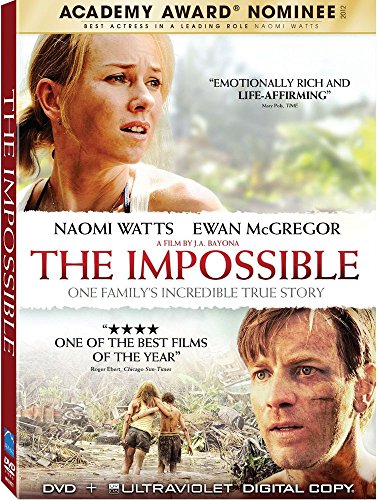



![The Others [2001] [Blu-ray]](https://m.media-amazon.com/images/I/51d6kX08hzL.jpg)
![Viridiana (The Criterion Collection) [DVD]](https://m.media-amazon.com/images/I/414gpidmpaL.jpg)
![Cell 211 [Blu-ray]](https://m.media-amazon.com/images/I/41ef4dFN3wL.jpg)



![The Executioner (The Criterion Collection) [Blu-ray]](https://m.media-amazon.com/images/I/413cxMyc3-L.jpg)
![The Other Side of the Bed [DVD] (2002)](https://m.media-amazon.com/images/I/41zzRW4NJTL.jpg)

![Take My Eyes ( Te doy mis ojos ) [ NON-USA FORMAT, PAL, Reg.0 Import - Spain ]](https://m.media-amazon.com/images/I/51MahIOkbwL.jpg)

![The Holy Innocents ( Los santos inocentes ) [ NON-USA FORMAT, PAL, Reg.0 Import - Spain ]](https://m.media-amazon.com/images/I/518MWgDzfbL.jpg)
